When I was a kid, as I didn't yet understand how the world of economics worked, I used to think that entertainment stars were ALL well paid and living the "lifestyles of the rich and famous" 24/7.
But then I became a young adult and learned from documentary after documentary that many of the entertainment legends that I loved, from Marvin Gaye, The Supremes, and The Temptations from the Motown era, to New Edition and countless artists in between from my own era, were categorized as "poor" to "working poor" during the height of their careers.
I had zero idea in my youth that the New Edition artists were being shafted out of royalties in the 80’s, much like Motown artists were shafted out of the same two decades earlier…
Yes, New Edition ‘nem were famous alright, but all of the sold out concerts and appearances on Video Soul or MTV didn't lead to the financial wealth that I assumed was theirs—but was really concentrated within the pockets of owners and management from the major record labels.
Over time, I learned that the fate of music stars was not much different from many movie and television actors, writers, and trades persons either, despite the appearance of great wealth that was projected each year during the Oscar or Emmy Awards seasons. Essentially, for every major star that was reportedly earning millions on the big and small screens, there were many thousands of others who made comparatively less—no more than five figures—despite putting in the hard work within their crafts.
Now, if you have shrugged your shoulders at the Hollywood strikes that are grinding movie and television production to a halt, or think that the issues regarding pay and the emergence of Artificial Intelligence have no bearing on you or your future beyond delaying the release of your favorite shows or movies, think again.
In this blog space last week, I wrote about my concerns regarding AI and the future of workers in myriad fields including education, journalism, law, and medicine. Not surprisingly, it was one of my least viewed pieces—a fact that did not catch me off guard because I've got a pretty solid grasp on which topics move the conversation needle in our traditional and social media spaces.
But like Noah warning folks to repent as he steadily nailed the Ark together, I find it important to note that the AI debate is just the latest iteration of the "rich" vs. "poor" divide that has plagued Western society from the Feudalism era on through the Industrial and now Digital Ages.
Simply stated, the rich are still totally consumed with getting richer, just as in ages past, while the rest of us "serfs" and "essential workers" live with the hope that our livelihoods will still be around for the remaining of our working lives.
Earlier today, I had a chance to read the latest blog from Robert Reich, a renowned lawyer and economist who served as Secretary of Labor in the (Bill) Clinton administration from 1993-97. Reich notes what has been widely discussed in the public square about movie and television production companies complaining that their profit margins are down over the past several years due to the Covid Pandemic—and the greater emergence of streaming which they claim has led to the very belt tightening that has detrimentally impacted the content creators, actors, and production personnel who film our favorite shows and movies.
Robert Reich
But Reich avers that the entire "sky is falling" position of corporate honchos is an act, while adding: "Stock gains this year have been concentrated among five giant digital firms: Apple, Microsoft, Alphabet, Amazon, and Meta. Their combined market capitalization is now over $8 trillion, a figure that exceeds the GDP of every country but the United States and China. They are cash rich. All but Amazon have a combined $200 billion net cash-to-debt balance.”
Reich adds, "As these giant corporations take over streaming video, video games, and media platforms, their top executives, largest contractors, and biggest investors are raking it in. Netflix’s Reed Hastings got a 2022 compensation package worth $51.1 million, up 25 percent from the year before. Warner Bros. Discovery CEO got $39 million. Comcast’s CEO, $32 million. Paramount’s CEO, $32 million. Disney’s CEO, (Bob Iger) $24 million...Meanwhile, the people who create the content are getting shafted. They have less and less bargaining power.”
Again, the rich get richer, and the working poor and poor get poorer; no matter how much we, the viewing public, have a hard time believing that entertainment industry workers, including actors, are getting screwed over, I trust the experts, like Reich, and the workers themselves when they say that they are not being treated fairly by corporate honchos who are willing to use AI and CGI to replace real actors more and more each year.
Now, if you're wondering what you can do, the first simple answer is this: "vote in the next election!" And not just vote, but vote Democratic up and down the ticket in 2024!
If you're further wondering "why Democratic," well the quick recent history lesson is to remind that the Republican Party prides itself as the party of Big Business, while the Democratic Party takes pride in its support of unions, unionizing, and greater rights for individual workers.
From FDR to JFK, from LBJ to Jimmy Carter, from Bill Clinton to Barack Obama and Joe Biden, Democratic presidents and Democratic congresses have prided themselves on supporting the rights of workers far more than their Republican counterparts who gleefully boast of their relationships with corporations and management…
Trust when I tell you that there isn't a single Republican presidential, senate, or congressional candidate who will stake their candidacy on standing behind underpaid workers in any industry. Likewise, while the Democratic Party is far from perfect, there is nearly a 100 year history of Democrats pushing for workplace reforms with respect to wages as well as racial and gender equality.
Separately, you can help by supporting individual artists, talking heads, and writers as they seek to create and distribute content via existing social media and new platforms that are on the way. Just last month, as ESPN started laying off folks like Jalen Rose and David Pollack amid its own "belt tightening," my first reaction was to hope that these now fired on-air celebrities create their own podcasts, blogs, and shows that can garner subscribers and cut out the middle man. In fact, as a Star Wars fanatic, I have watched some fan made shorts and movies that looked damn near as good as the ones that Disney is churning out on its network and thought to myself, hmmm, could this be the future of film making and direct distribution?
Jalen Rose
One of my very best friends and Morehouse roommate, Victor Owens (a Harvard MBA to boot), has always said that the internet is like the Wild West from American history—a time when some struck it rich mining for minerals like gold. To that end, when you see your favorite content creators creating content, by all means, please hit like, subscribe, and support their efforts to bring the entertainment that you love directly to you via YouTube, TikTok, and other digital platforms!






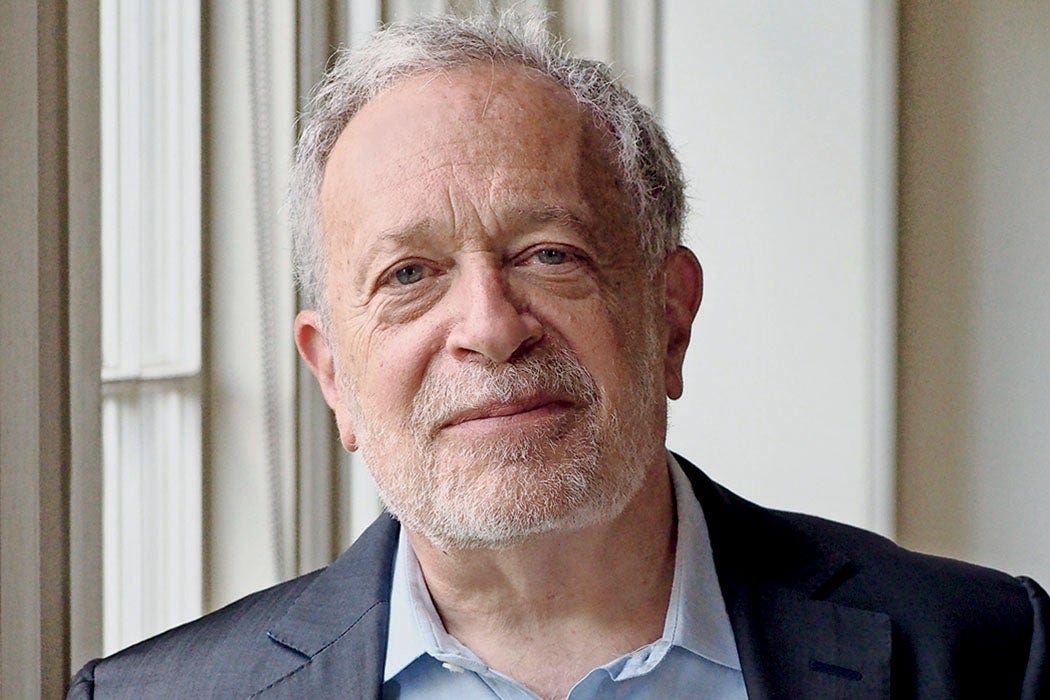
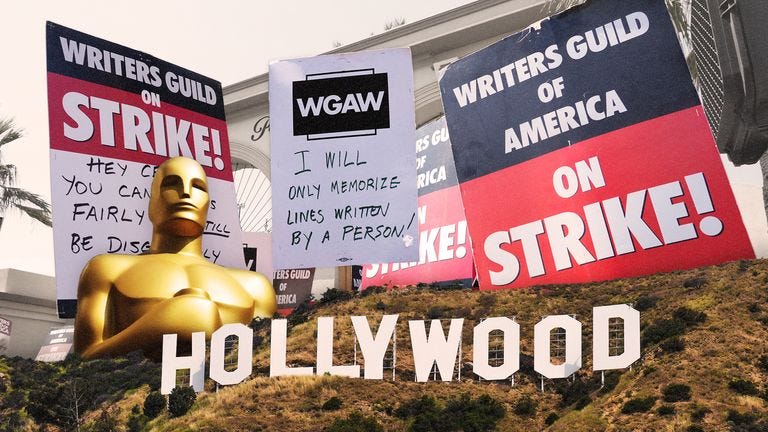
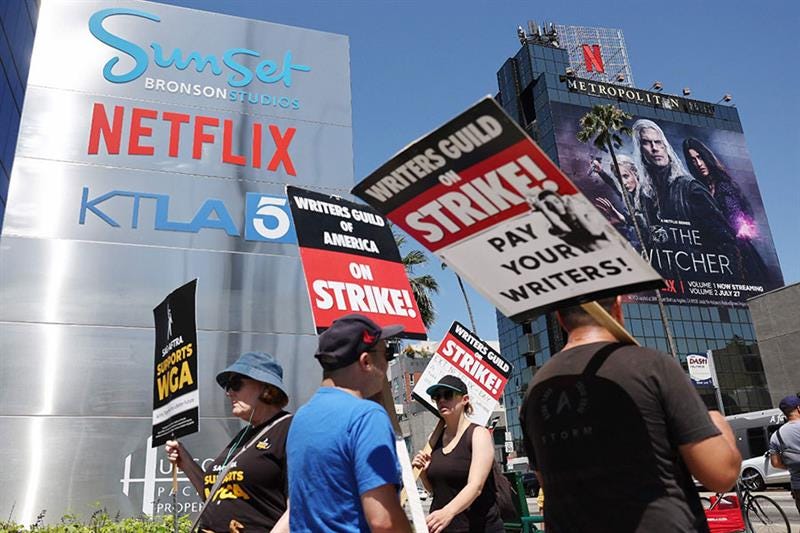
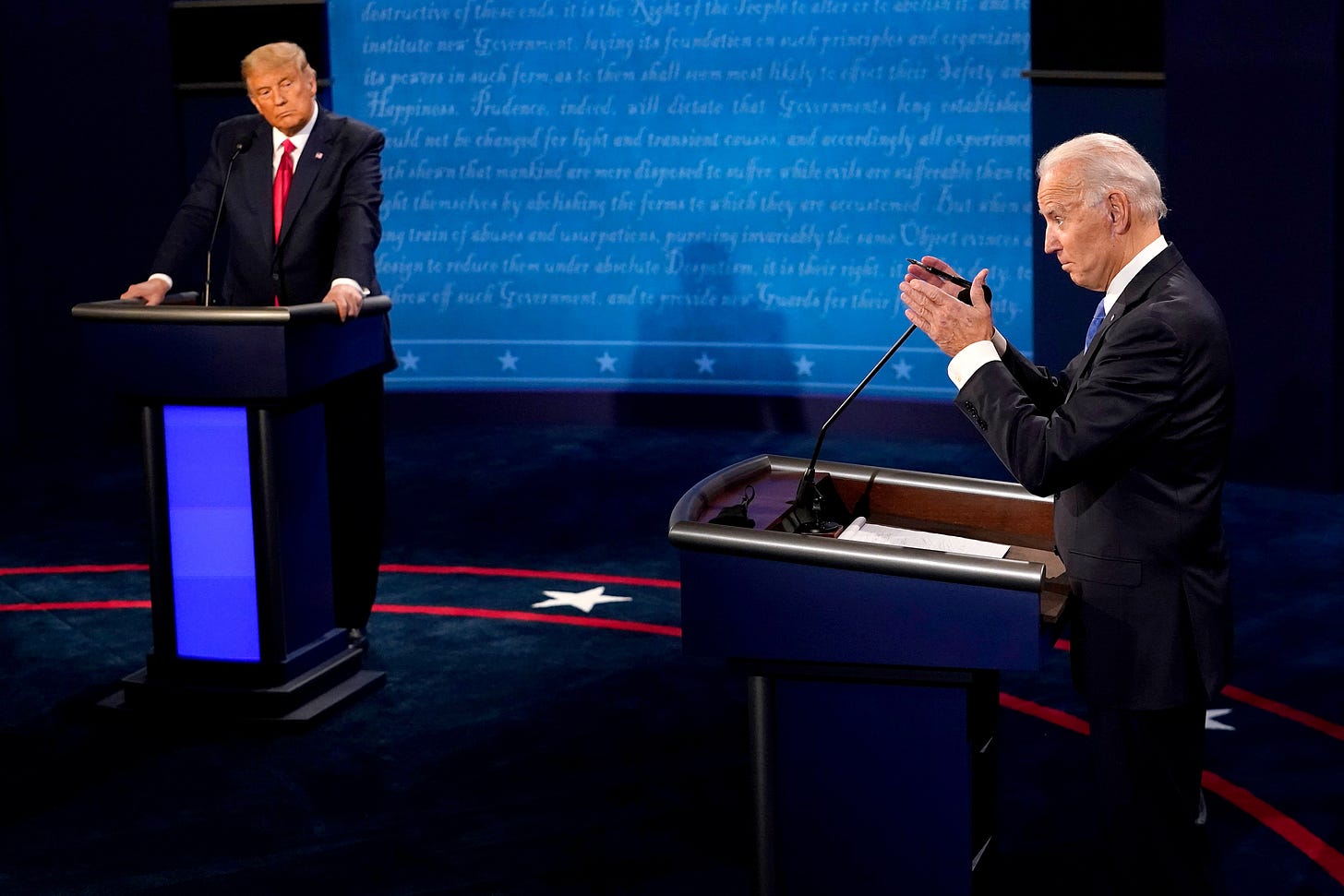
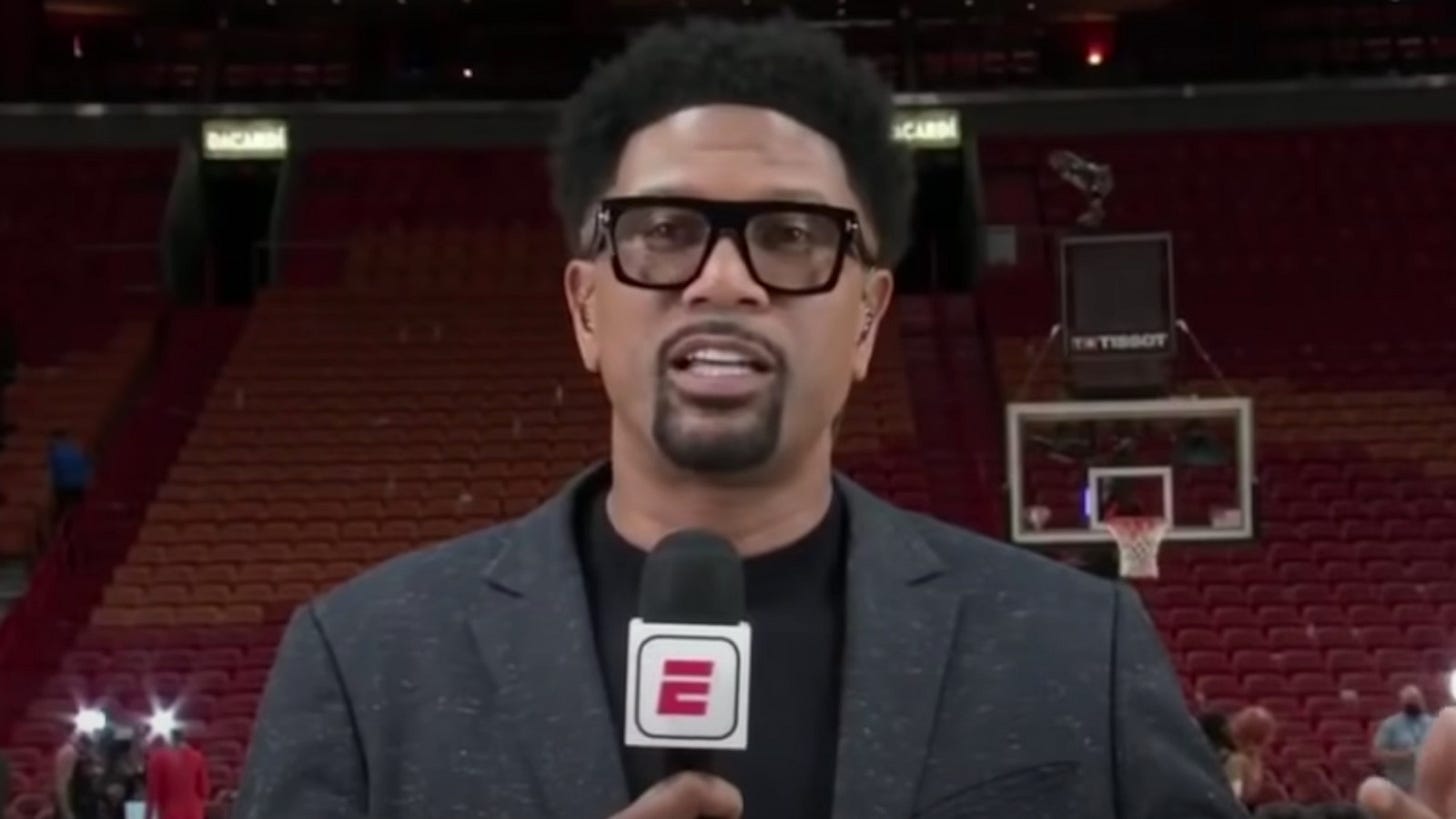
The biggest existential threats are studiously ignored for being too big to contemplate and too out of our control while the newest gimmick, gadget or social controversy sucks up all our energy.
Today's AI happenings will likely lead to a MATRIX reality! Humanity dies a bit every day.